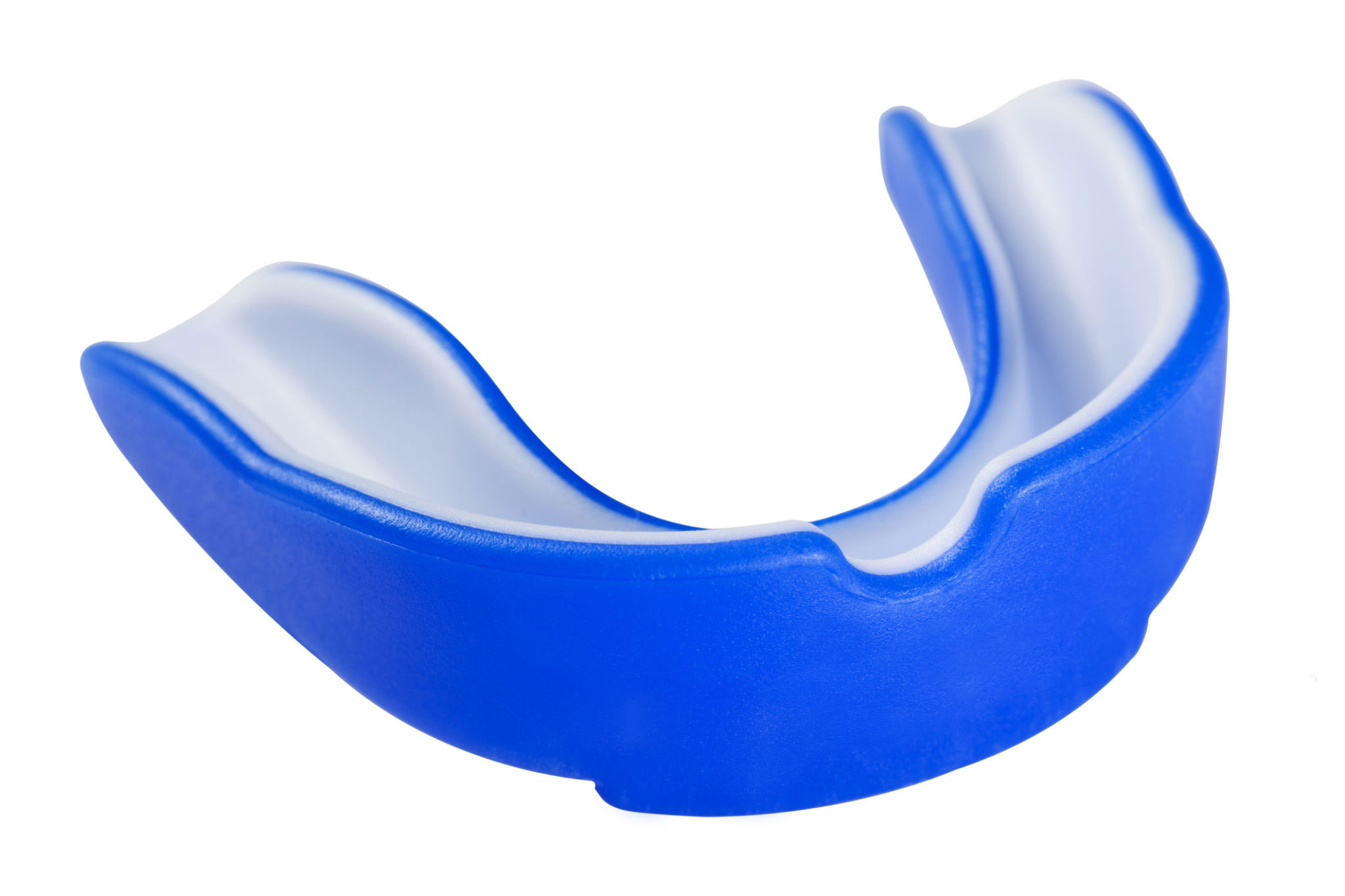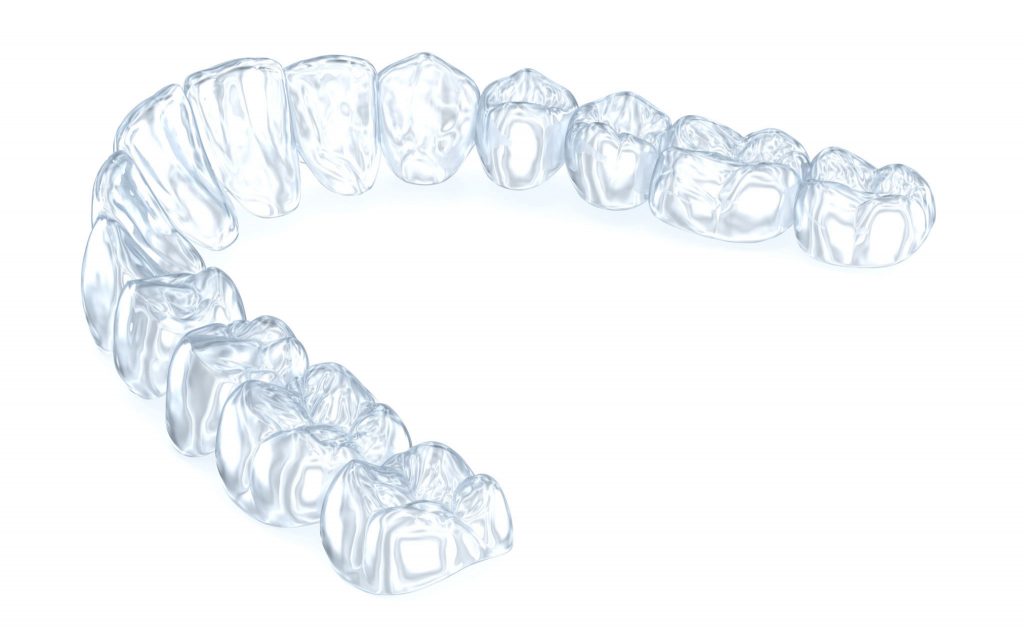Mouth Guards
Dental Services
Make an Appointment
Contact or call us for appointments, dental emergencies and other requests.
Sports Guards
Sports mouth guards, also called mouth protectors, help cushion a blow to the face, minimizing the risk of broken teeth and injuries to your lips, tongue, face or jaw. They typically cover the upper teeth and are a great way to protect the soft tissues of your tongue, lips and cheek lining. Knowing how to prevent injuries like these is especially important if you participate in organized sports or other recreational activities.

When it comes to protecting your mouth, a mouth guard is an essential piece of athletic gear that should be part of your standard equipment from an early age. In fact, studies show that athletes are 60 times more likely to suffer harm to the teeth if they’re not wearing a mouth guard. While collision and contact sports, such as boxing, are higher-risk sports for the mouth, you can experience a dental injury in non-contact activities too, such as gymnastics and skating.
Night Guards

“Keep a stiff upper lip” or “get a grip!” That’s often the advice we get—and give—on how to cope with stress. If you take it literally, the result could be grinding your teeth or clenching your jaws. It’s called bruxism, and often it happens as you sleep.
Teeth grinding can be caused not just by stress and anxiety but by sleep disorders, an abnormal bite or teeth that are missing or crooked. The symptoms of teeth grinding include:
- dull headaches
- jaw soreness
- teeth that are painful or loose
- fractured teeth
We can fit you with a mouth guard to protect your teeth during sleep. Our mouth guards are designed with a soft interior that sits against your teeth and makes for a comfortable fit and a hard exterior that makes the guard strong, but not overly-bulky, so it is comfortable and resistant to wear. Most patients find that professionally made night guards are far more comfortable and more likely to remain in place during sleep than the store-bought variety.
Teeth grinding is also common in children. However, because their teeth and jaws change and grow so quickly it is not usually a damaging habit that requires treatment and most outgrow it by adolescence.
